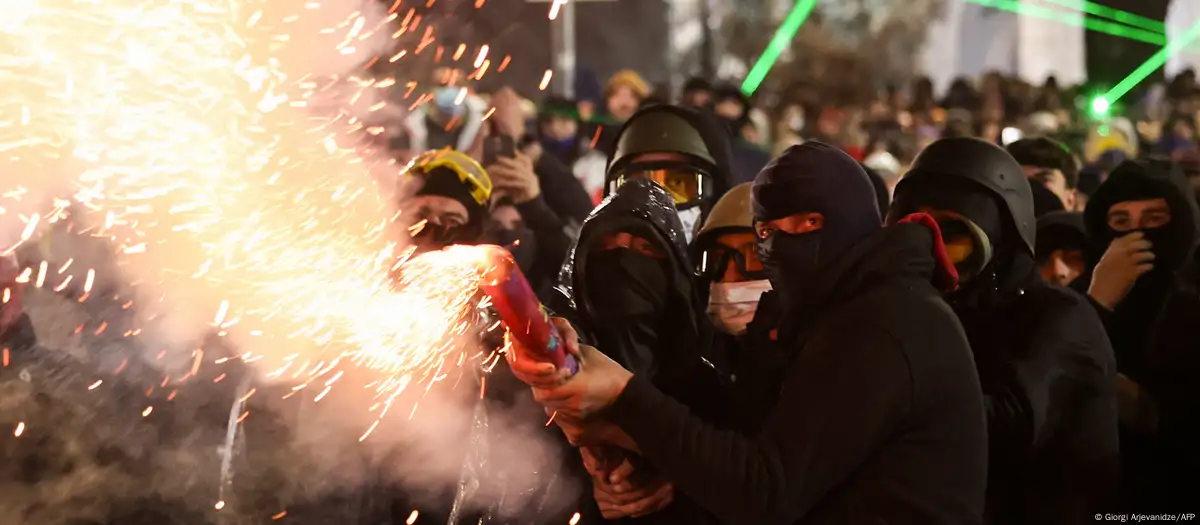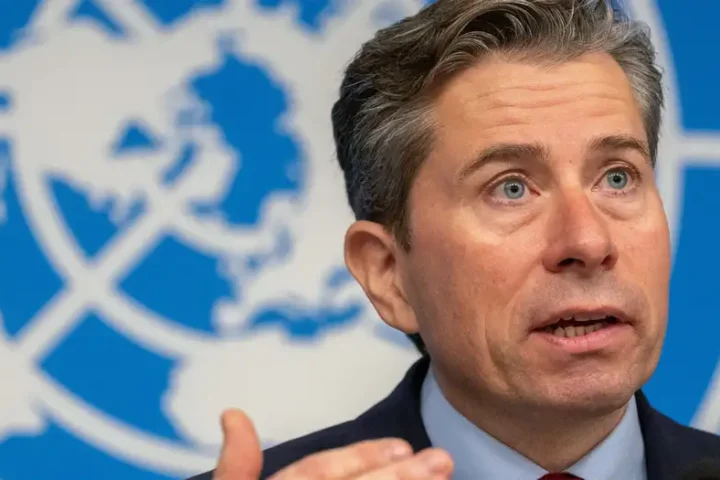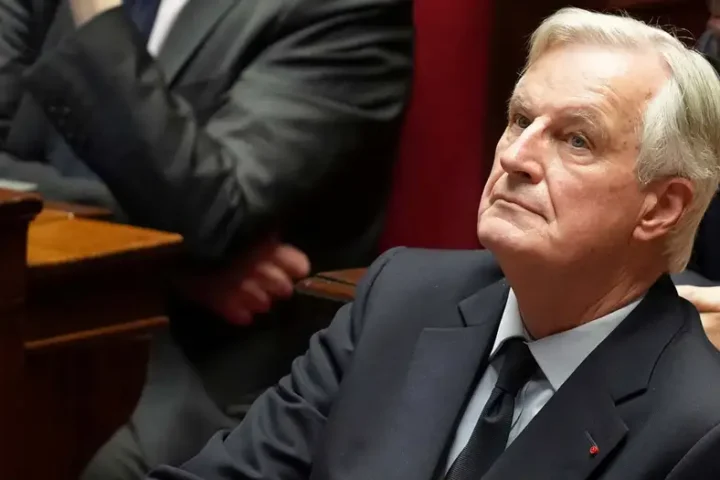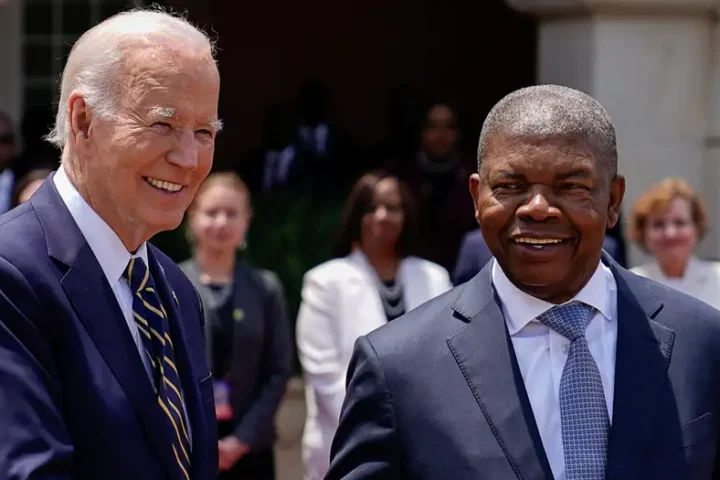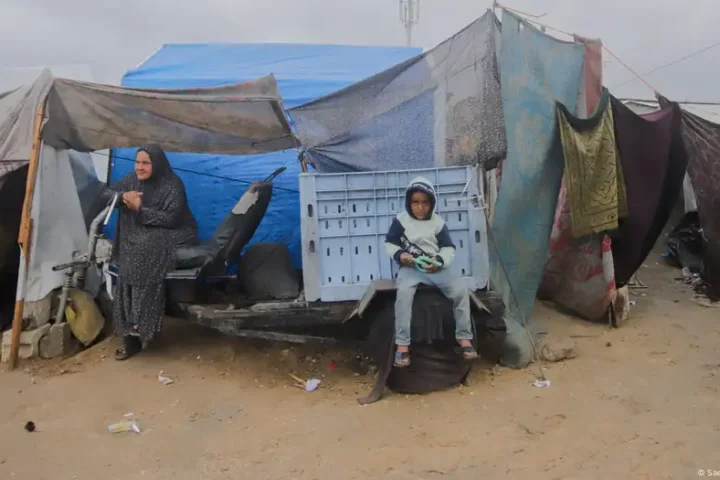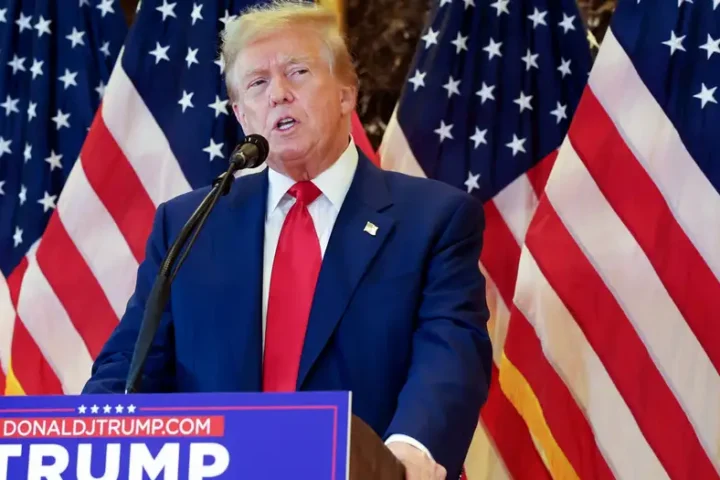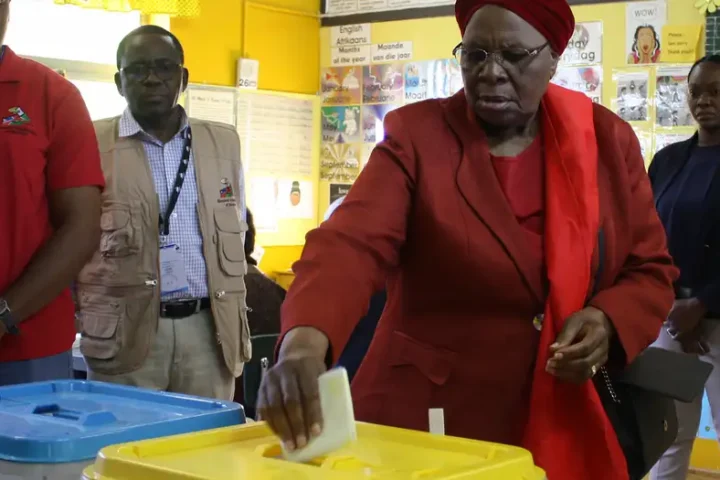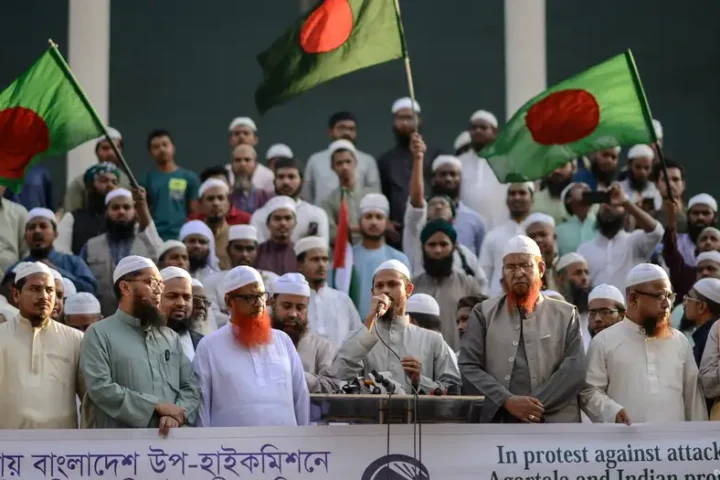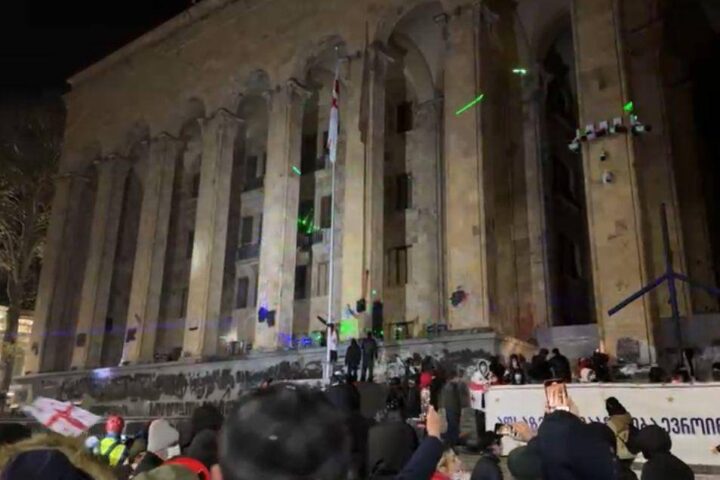As anti-government protests in Tbilisi continued into a fifth day, the German government said it would welcome European Union membership for Georgia, should its people want it.
The German government said on Monday that it still supported Georgia’s bid for European Union membership as protests have flared in the capital Tbilisi over the government’s plans to shelve accession talks.
Georgia has seen a wave of protests since the governing Georgian Dream party claimed victory in October elections that the pro-European opposition said were fraudulent.
“What is important is that Georgia decides to take this path, and the people we see protesting want to take this path,” said German foreign ministry spokesman Sebastian Fischer.
At the same time, Fischer criticized the Georgian government for turning away from this goal.
The massive protests of the last few days also show very clearly that many people in Georgia still want a future in the EU,” he said.
Deputy government spokesman Wolfgang Büchner said Berlin stands by the people of Georgia who are committed to the European values of democracy, freedom of opinion and human rights, and who expect their government to act accordingly.
German President Frank-Walter Steinmeier condemned the violence against protesters in a call with Georgia’s pro-EU President Salome Zurabishvili, Steinmeier’s spokeswoman Cerstin Gammelin said in a post on social media.
“Europe will draw consequences for its approach to the [Georgian] government, but is open to the European hopes of the civilian population,” Steinmeier said.
Georgia protests continue into fifth day
On Monday, tens of thousands of people, many waving Georgian and EU flags, gathered outside the parliament building in Tbilisi on a fifth consecutive day of protests.
Local media also reported that anti-government strikes had broken out at companies and educational institutions, while several Georgian diplomats and ambassadors have signed letters criticizing the suspension of the EU accession bid.
But Prime Minister Irakli Kobakhidze has again doubled down, claiming that the protests are “funded from abroad,” vowing that “there will be no revolution in Georgia” and insisting: “No negotiations.”
Kobakhidze still insisted that joining the bloc “by 2030” is still his “top priority,” but has simultaneously ruled out EU accession talks until 2028.
The Georgian interior ministry said on Monday that 21 police officers had been injured and 224 people arrested across the first four nights of protest.
While European powers criticized the clamp-down, Russia defended the Georgian authorities, with Kremlin spokesman Dmitry Peskov saying on Monday that they were acting to “stabilize” the situation.
He explicitly drew a “direct parallel” with Ukraine’s 2014 “Euromaidan” protests, which ousted a Moscow-backed leader who also reneged on an EU partnership agreement.
Russia responded by annexing the Crimean peninsula and backing pro-Russian, anti-Kyiv militias in the Donbas.
